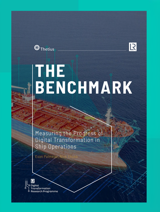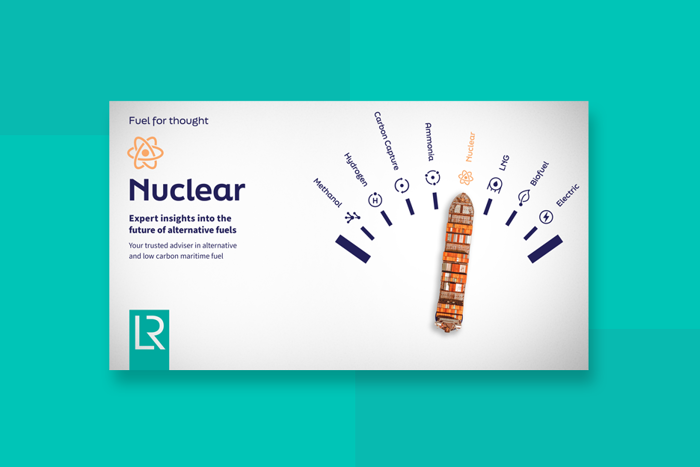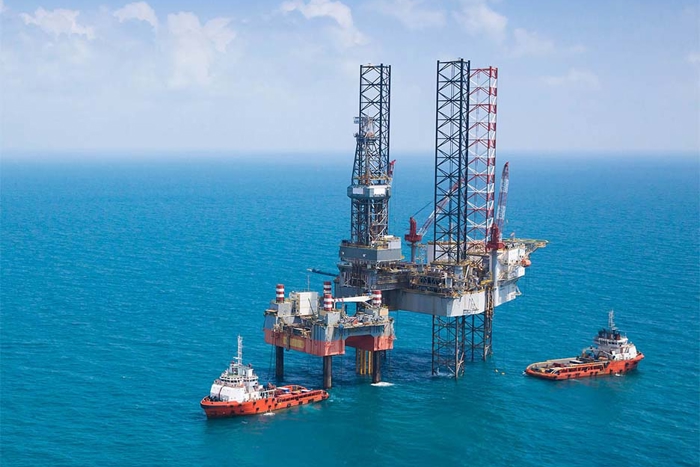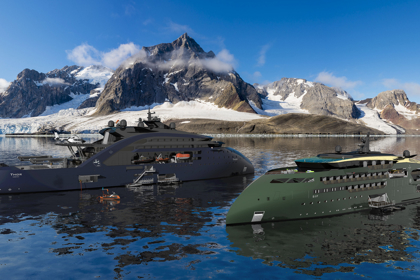How nuclear fuel works
Nuclear is emerging as a potential game-changer for the shipping and offshore industries. Nuclear-powered ships, while not a new concept, could offer a significant reduction in greenhouse gas emissions compared to traditional fuels.
Nuclear power stands out for its unparalleled energy density, millions of times greater than that of conventional fuels, and its ability to operate without emitting any SOx, NOx, CO2, or particulates. It’s a technology with a proven safety record in naval applications, and now, it’s poised to make waves in commercial shipping, particularly for deep-sea voyages.
Advantages of Nuclear Alternative Fuels in Shipping
It also means ships could operate for extended periods without refueling due to the high energy density of nuclear fuel. Additionally, offshore platforms could utilise small modular reactors (SMRs) to generate clean electricity for various purposes, including powering operations, producing hydrogen for fuel, or even supplying power to coastal communities.
While safety concerns and regulations are significant hurdles, research and development are actively exploring this technology's potential for a cleaner maritime future.
Latest content, downloads and tools
Back to: Fuel for thought hub

















